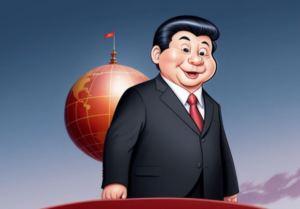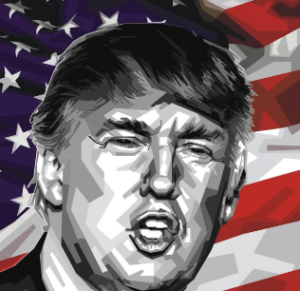$EWP $EURUSD $BABA
#Spain #EU #China #US #ForeignPolicy #Geopolitics #Trade #Economy #Markets #Investing #GlobalTrade #Business
Spain has called for the European Union to develop an independent policy toward China without relying on U.S. influence, signaling a strategic shift in the bloc’s diplomatic stance. Spanish Foreign Minister José Manuel Albares emphasized that “Europe must take its own decisions,” stressing the need for an autonomous approach in managing relations with Beijing. This statement comes amid increasing global economic fragmentation, as the U.S. tightens restrictions on Chinese businesses through tariffs and trade barriers while the EU faces mounting pressure from Washington to align with its China stance. Spain’s position reflects a broader European debate on balancing trade interests and geopolitical risks. Europe’s overall trade with China remains critical, making a fully confrontational stance less viable. Spain’s suggestion underlines concerns that aligning too closely with U.S. policies could limit Europe’s ability to engage constructively with China, one of its largest trading partners.
Financial markets are closely monitoring European policymakers’ next moves, particularly in sectors heavily tied to Chinese trade. European equities, especially those of companies with major Chinese exposure, such as luxury goods firms, automakers, and technology suppliers, may see volatility in response to evolving EU-China relations. The Euro ($EURUSD) could also experience fluctuations depending on how EU-China trade policies unfold. Additionally, Madrid’s stance may influence the performance of the IBEX 35 index ($EWP), particularly for Spanish companies with strong economic ties to China, such as infrastructure, energy, and banking groups. Investors will continue assessing the implications for industries reliant on Chinese exports and supply chains, as well as potential retaliatory actions from Beijing should tensions escalate.
Beyond trade, Spain’s push for EU autonomy highlights broader geopolitical shifts in global alliances. By advocating a distinct approach, Spain is reinforcing a more multipolar international order while challenging the EU’s reliance on Washington’s policy initiatives. The European Commission has already been exploring ways to diversify supply chains away from China while maintaining crucial economic relations, particularly in areas such as green technology, semiconductors, and telecommunications. A more independent EU-China policy could lead to shifts in corporate strategies, where European businesses look to negotiate better terms under less restrictive conditions compared to the U.S.’s confrontational trade stance. While risks remain, particularly concerning national security concerns tied to technology transfers, Spain’s proposal aligns with a growing sentiment among some European leaders to strike a middle ground with Beijing.
Looking ahead, global investors will assess how these diplomatic discussions impact both European markets and Chinese-linked assets such as Alibaba ($BABA) and other firms with substantial exposure to EU trade. U.S. investors, meanwhile, may scrutinize how potential European-China trade realignments could affect American businesses with EU and Chinese operations. Any concrete EU decision to deviate from Washington’s China policies could introduce uncertainty across various asset classes, from currencies to industrial stocks, leading to repositioning among global portfolios. In the longer term, Spain’s call for EU independence in foreign policy underscores the growing necessity for Europe to craft its own strategic path while navigating between two economic superpowers.










Comments are closed.